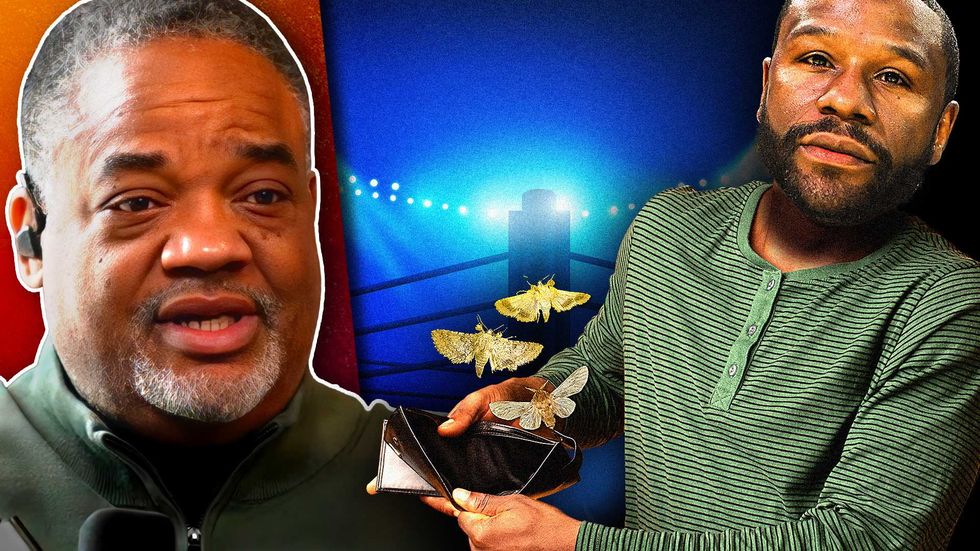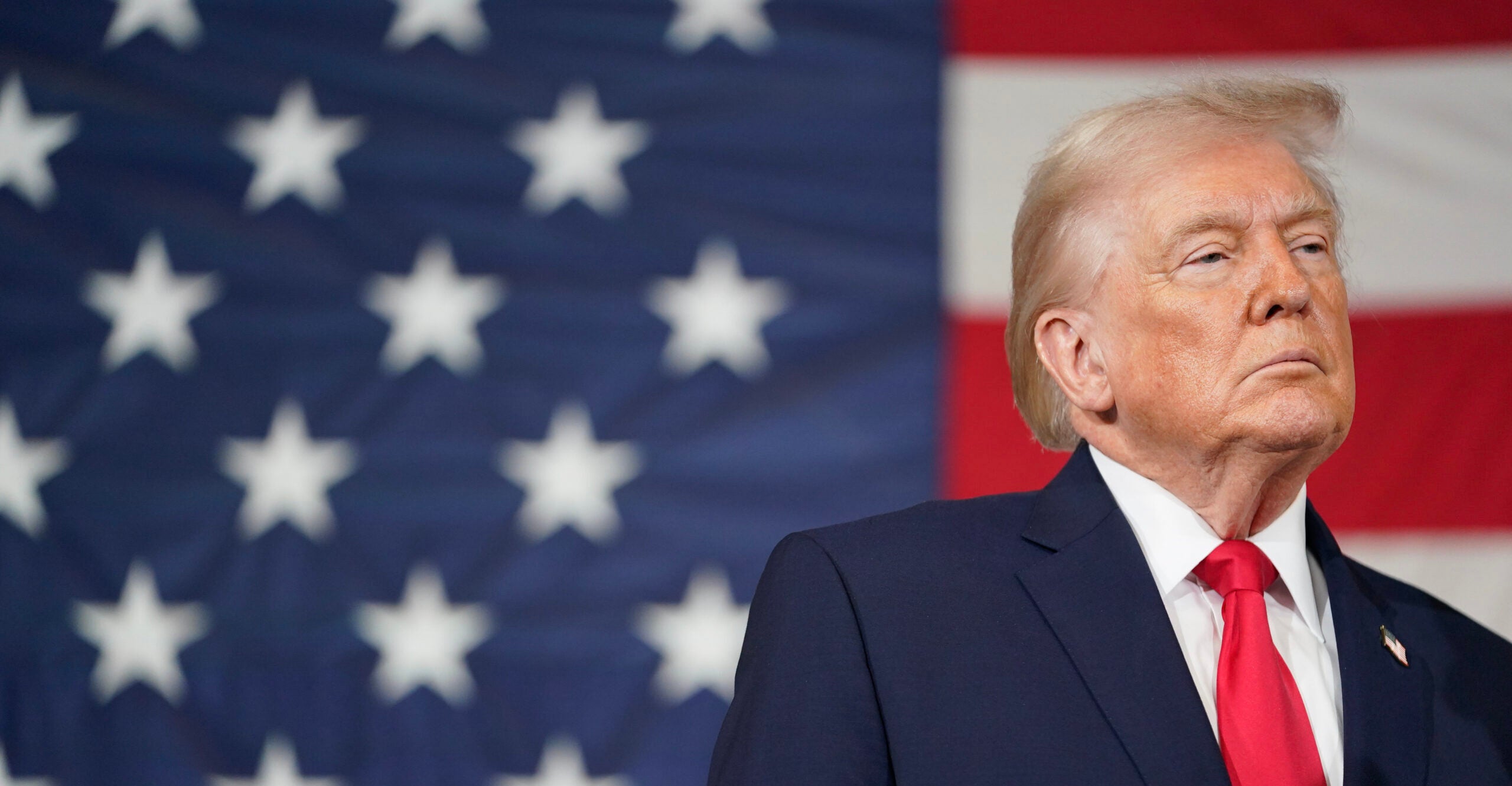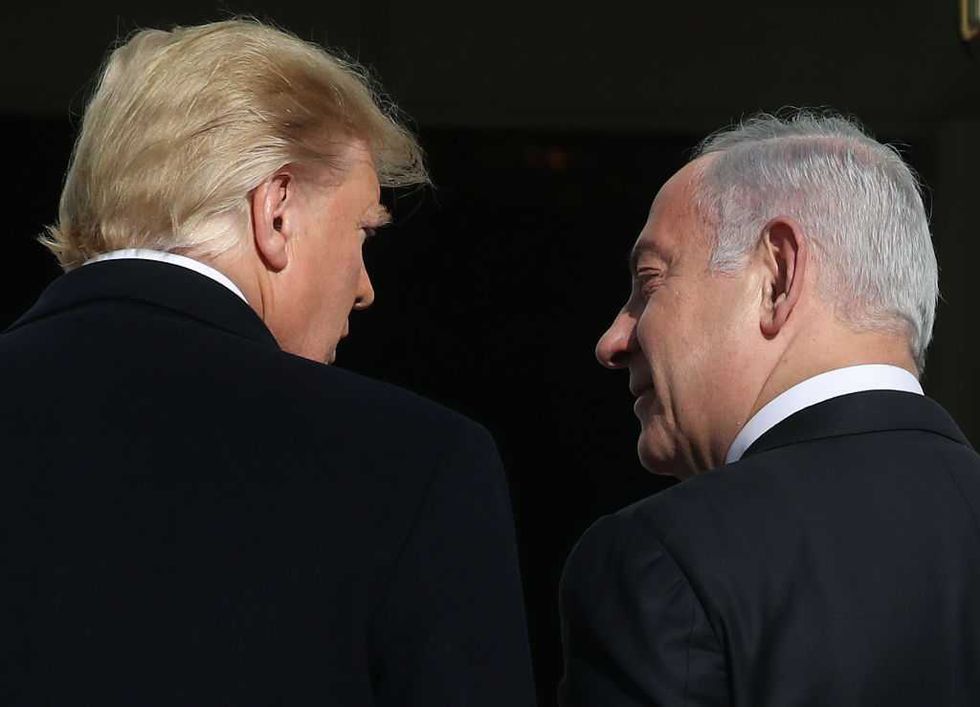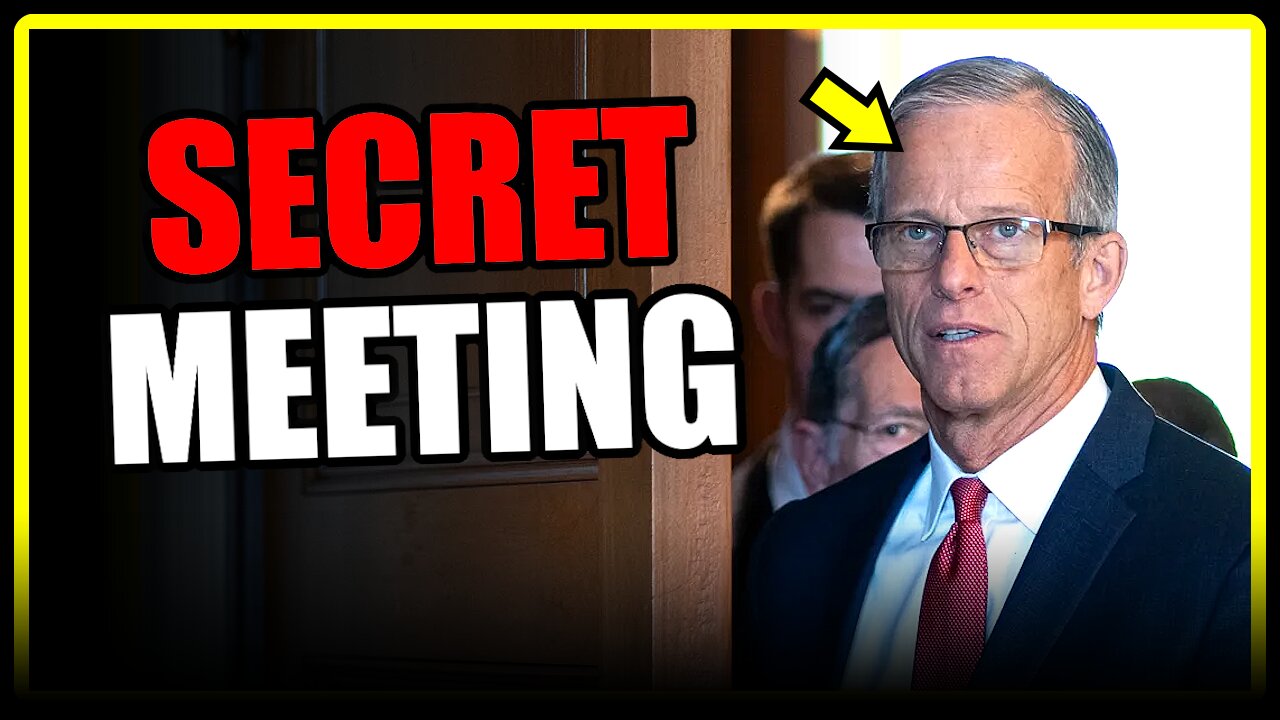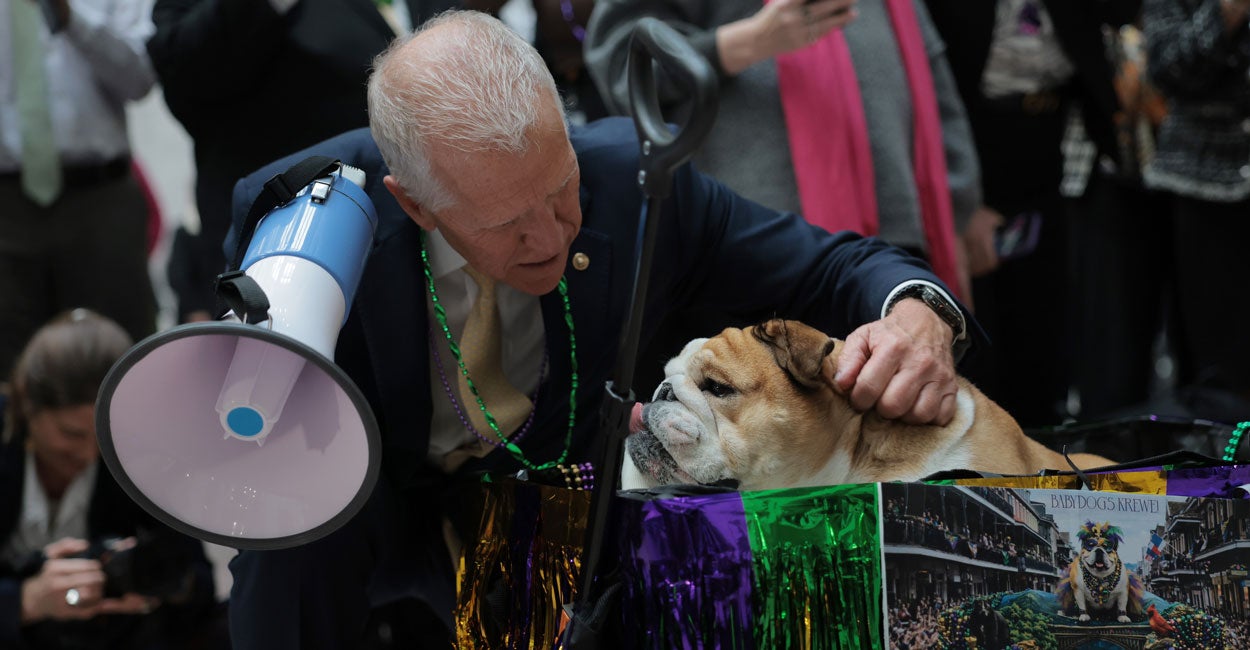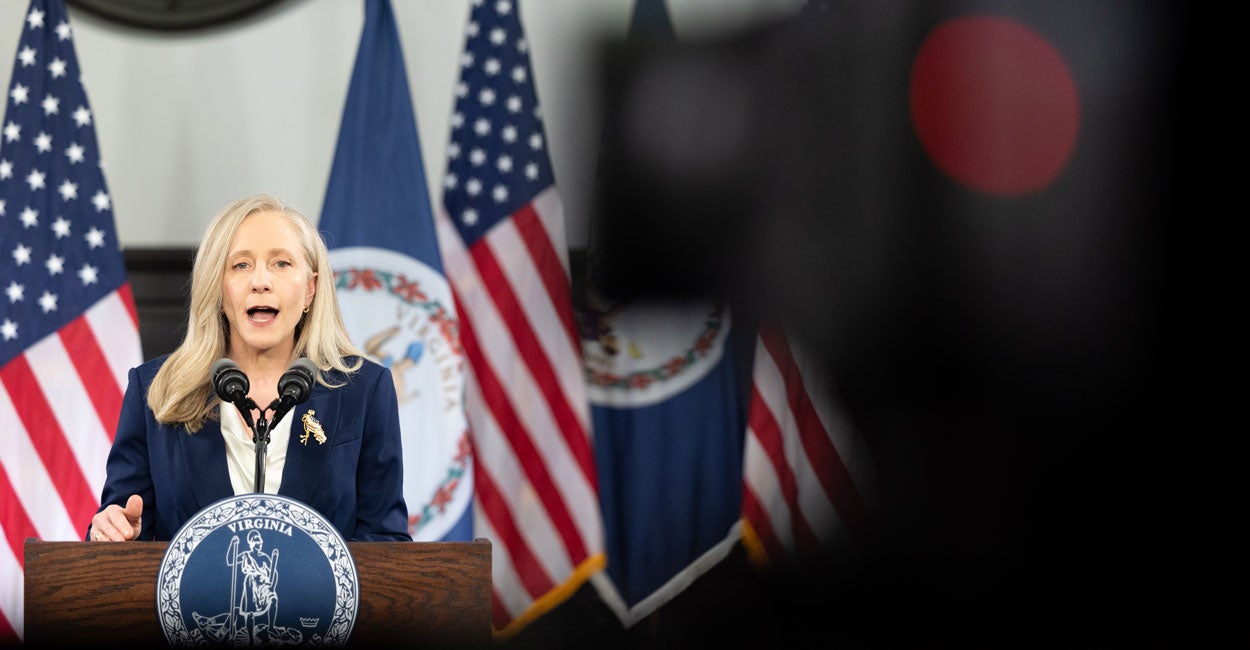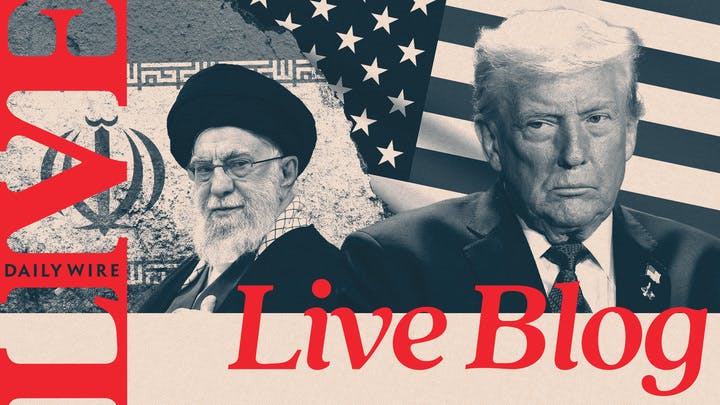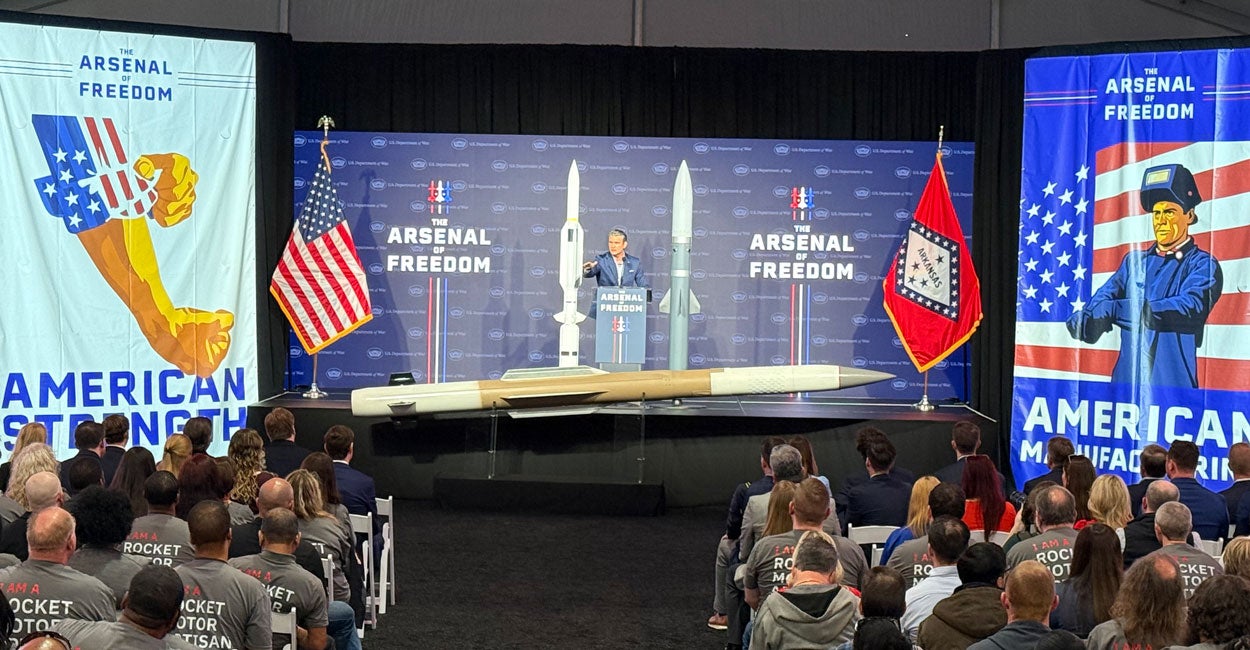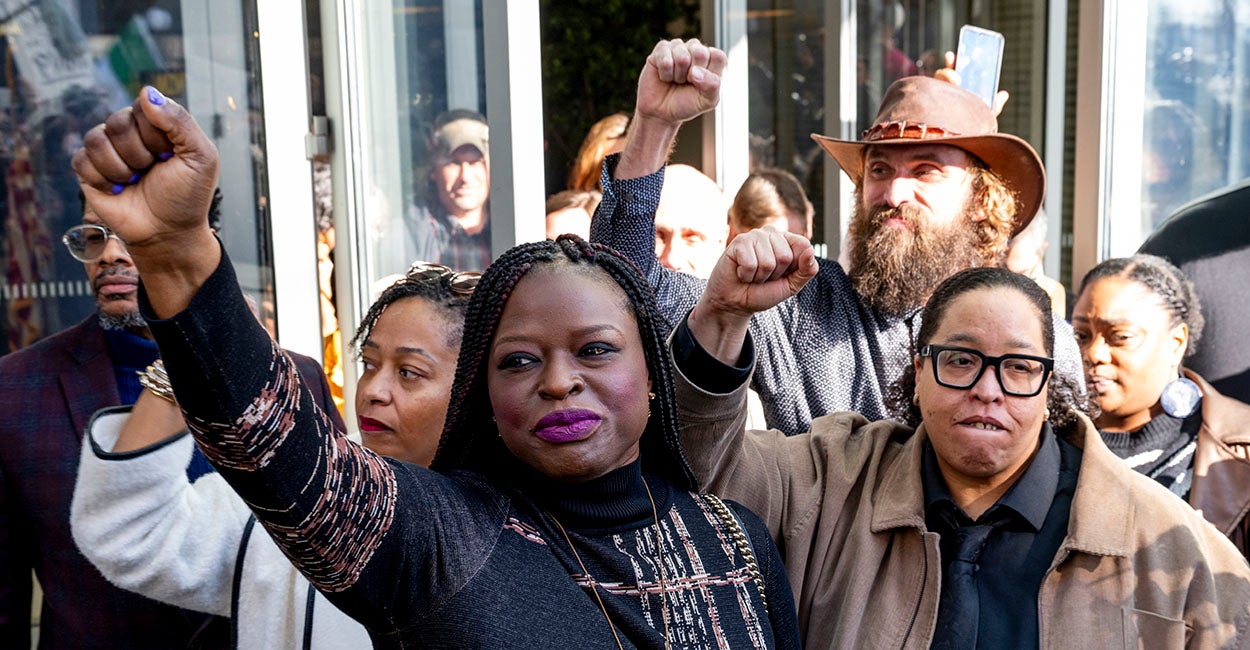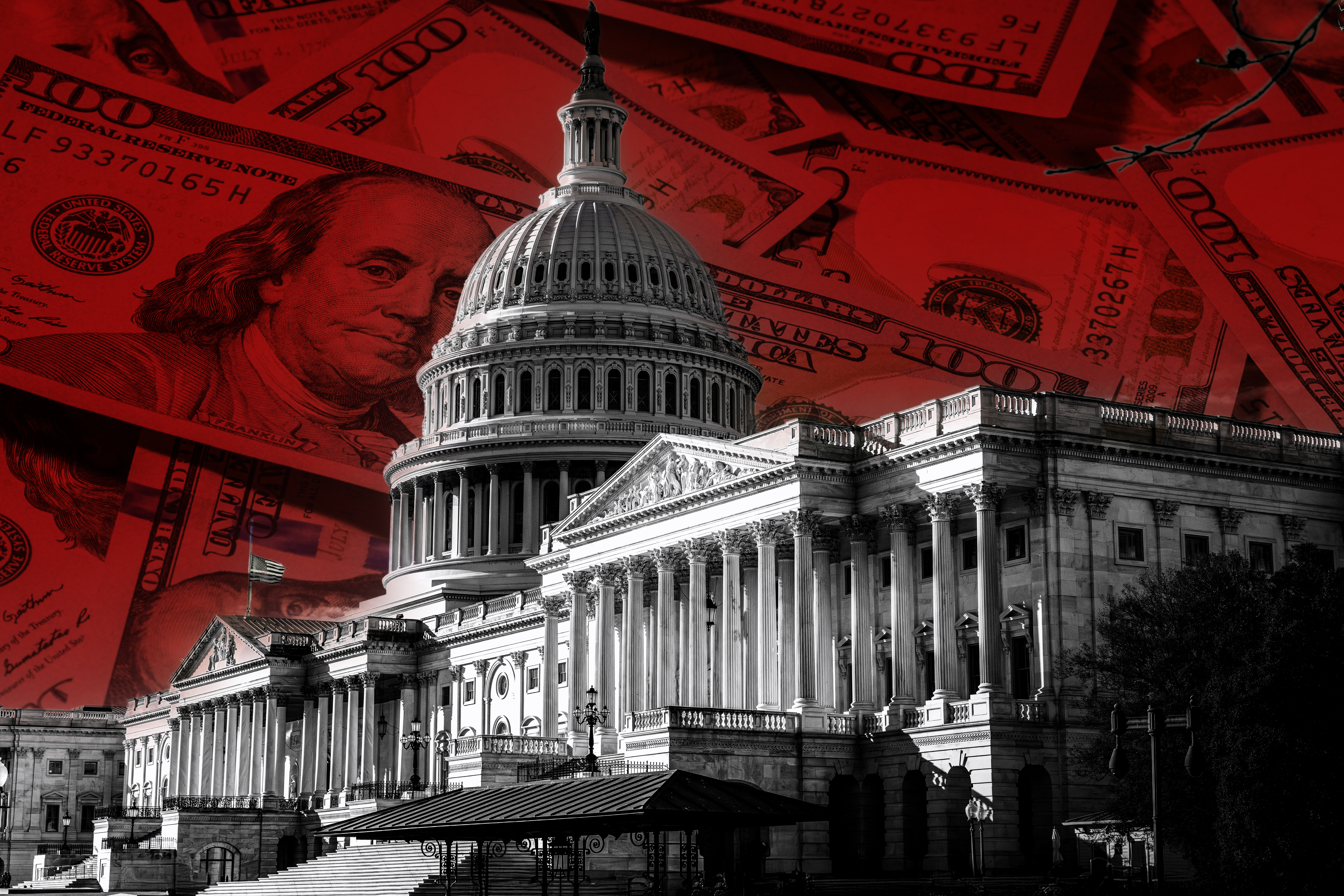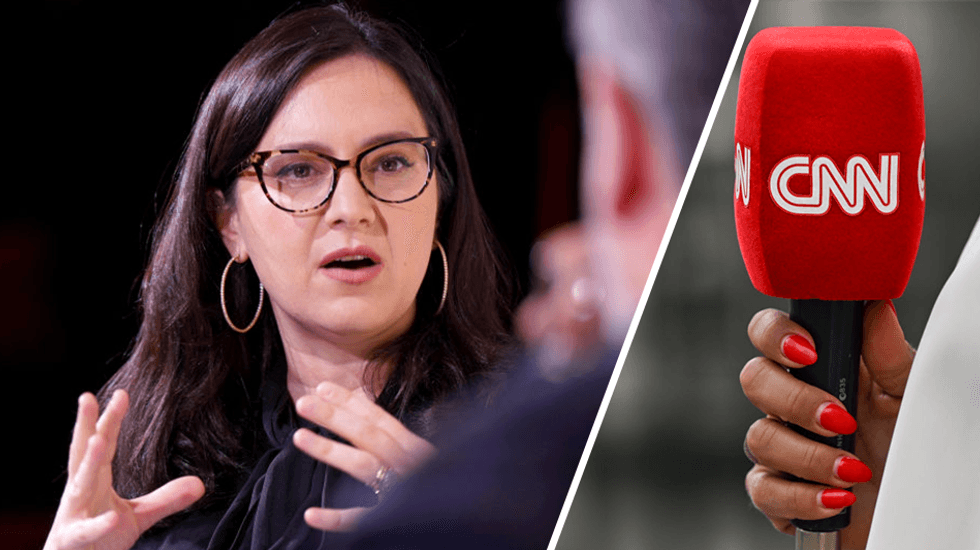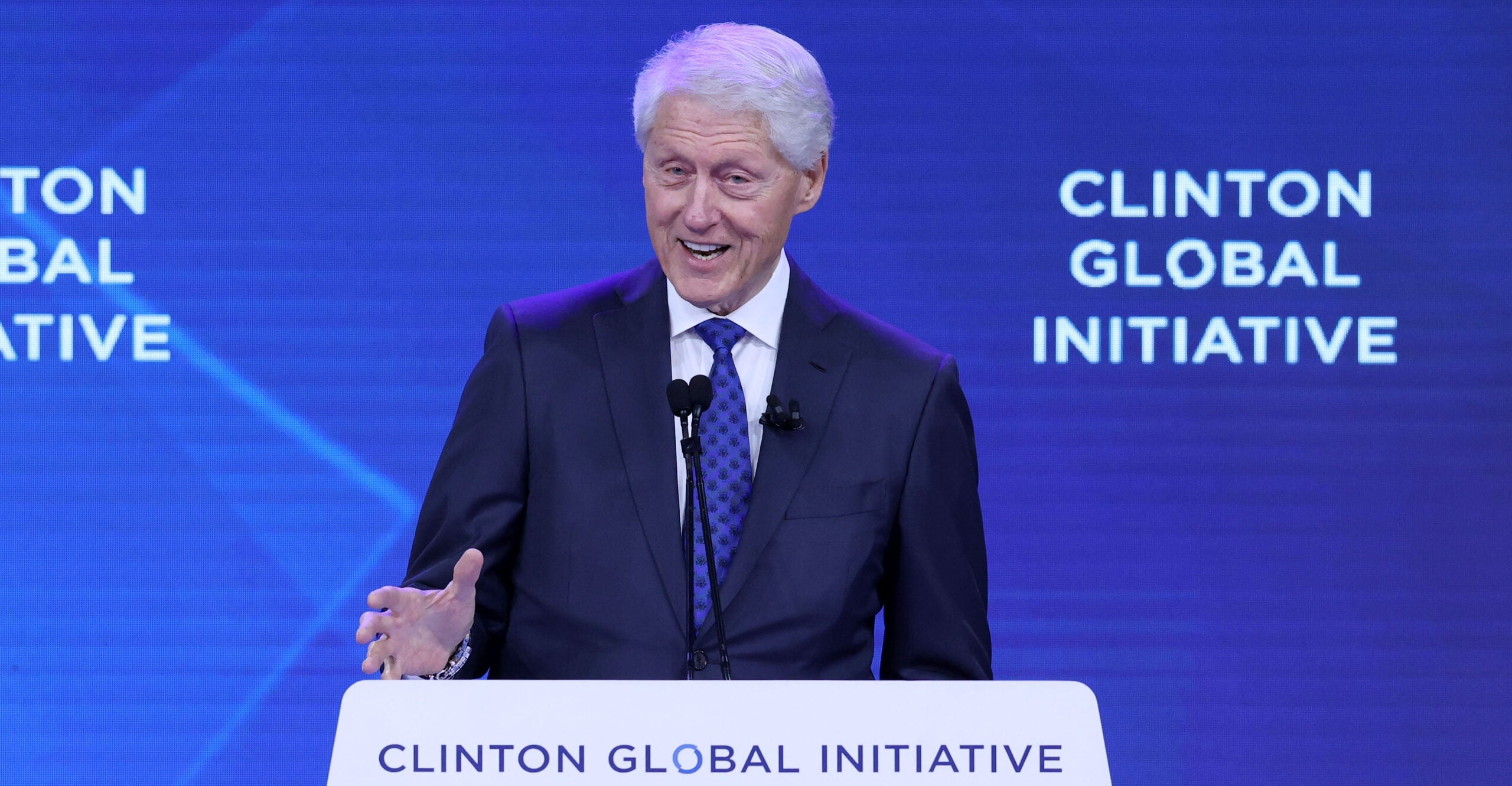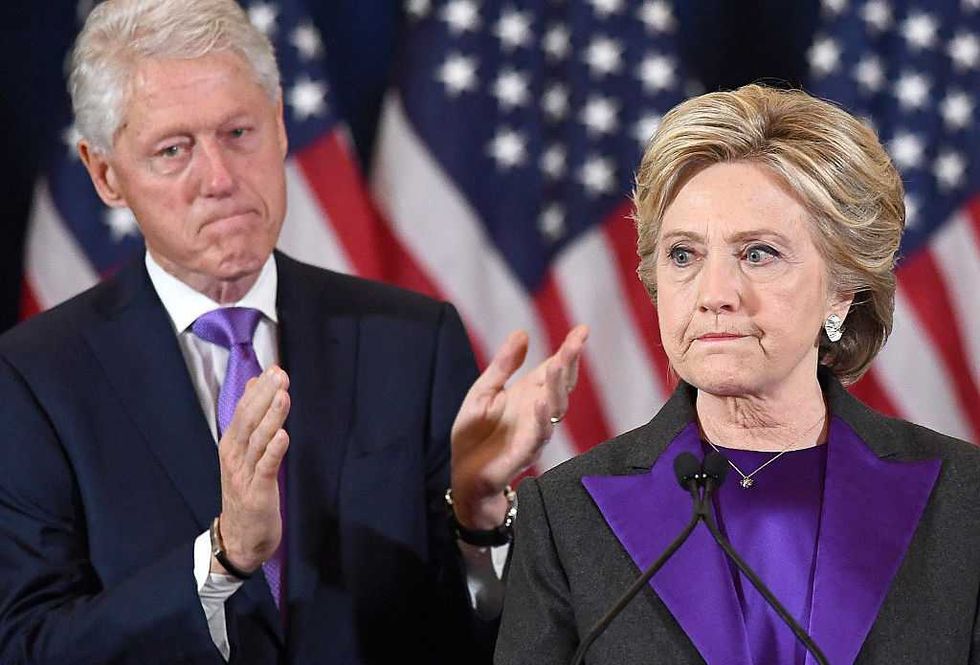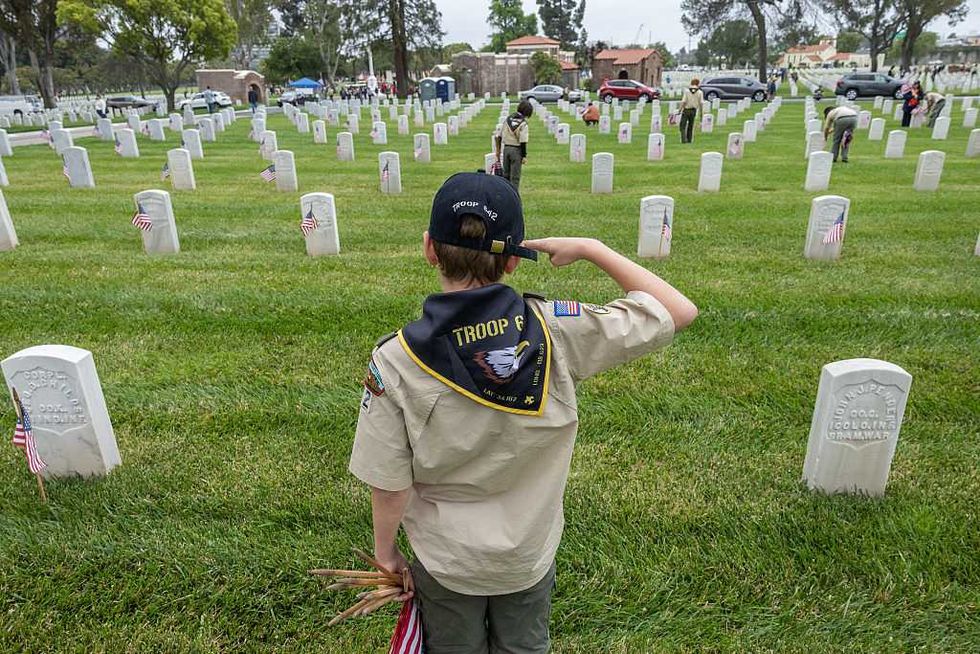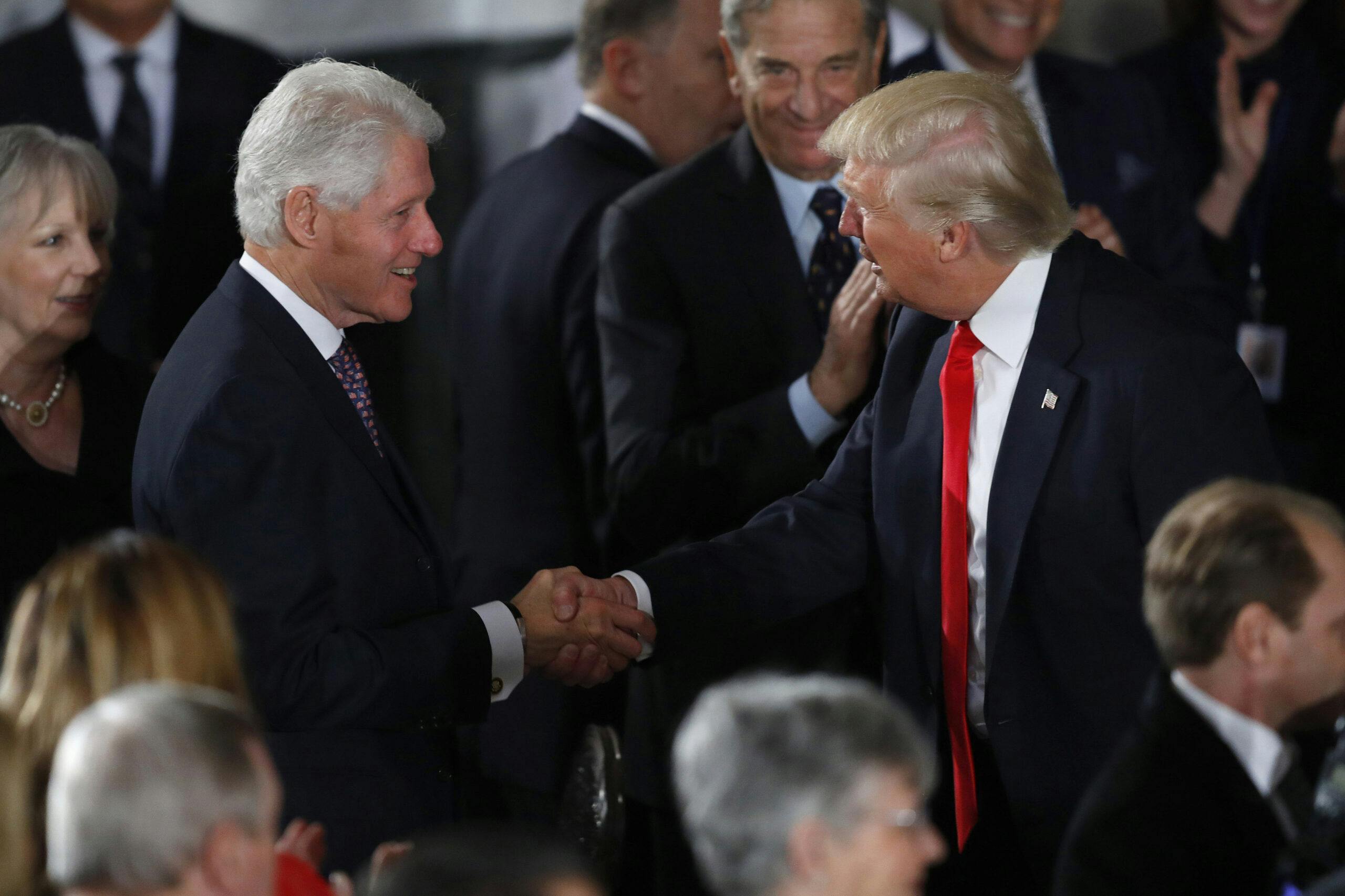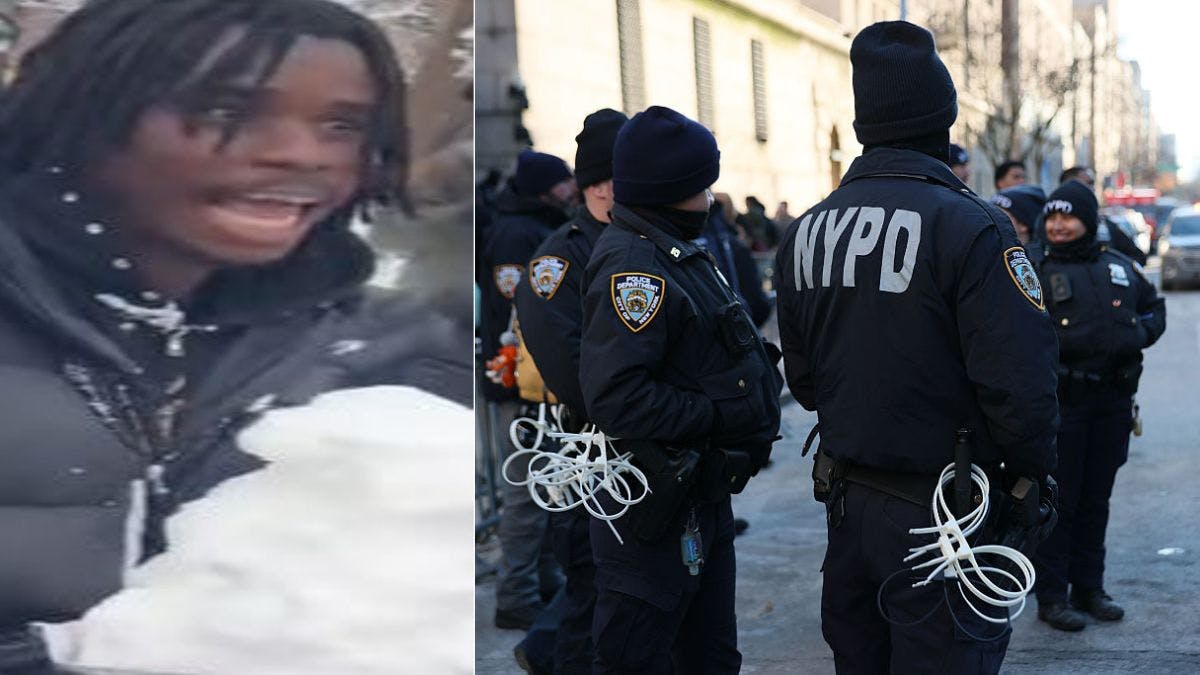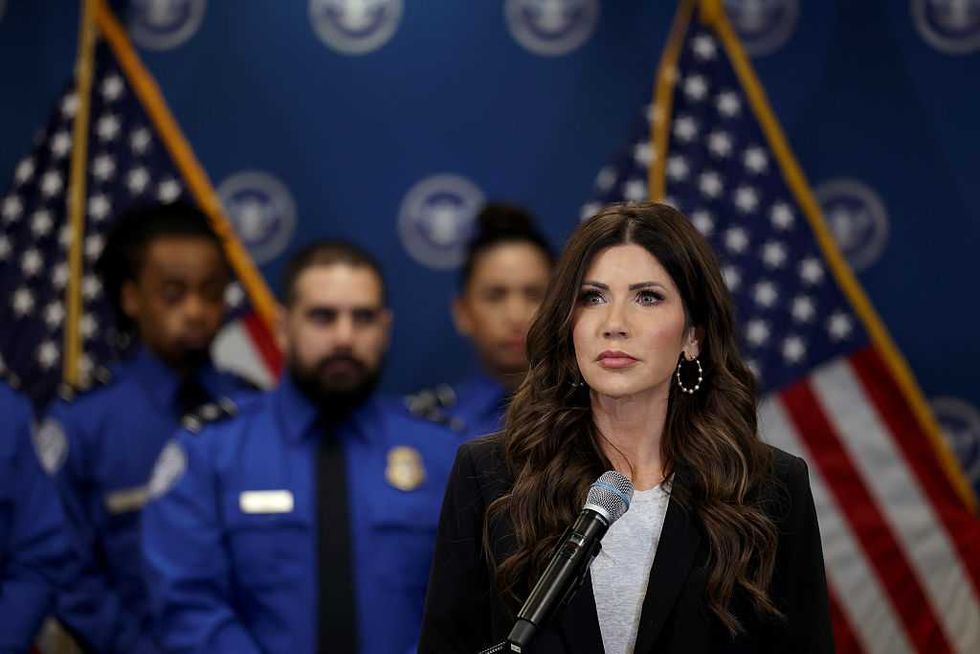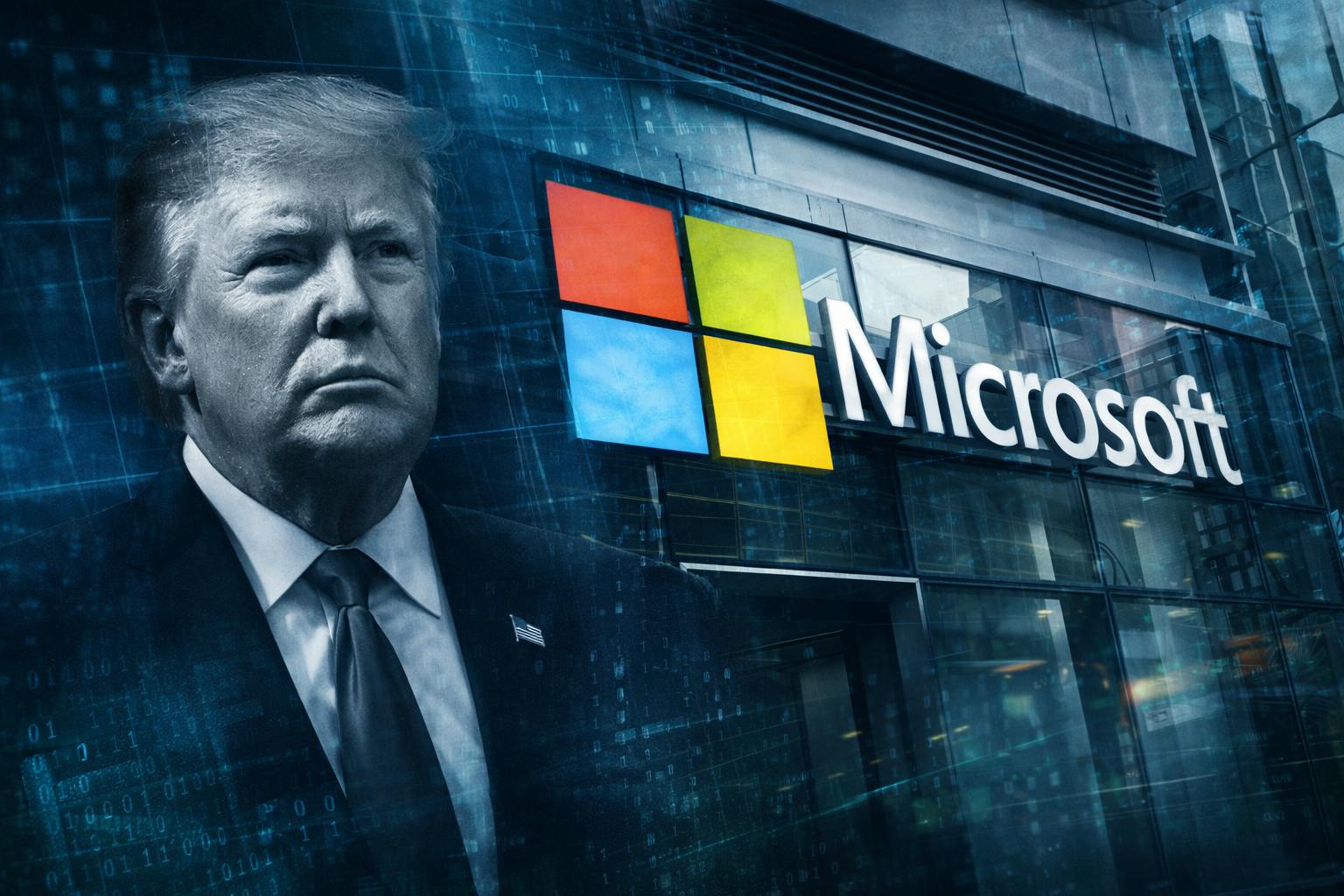John Candy Is Not My Father, But His Comedies Feel Like Home
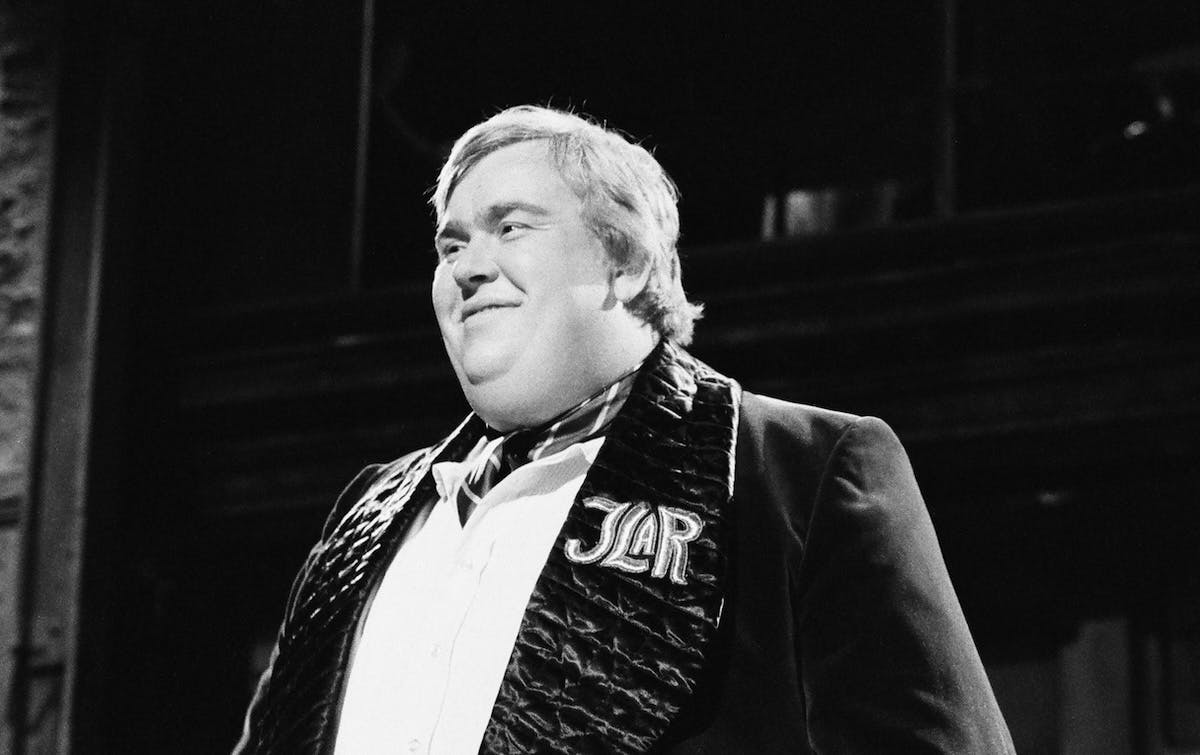
The very first thing I did after watching the trailer for a new documentary on John Candy was send it via text to my sister. She was at work, but I knew she would reply. The expected response came in just a few minutes.
Live Your Best Retirement
Fun • Funds • Fitness • Freedom
“Why would you do this to me?”
She didn’t have to explain that she was sitting at her desk crying. I had done the same minutes earlier.
There’s no doubt that producer Ryan Reynolds and director Colin Hanks created “John Candy: I Like Me” — which premieres on Amazon Prime this Friday — to have this exact effect on adults who grew up watching Candy-led comedies. I was still young enough when he died of a heart attack in 1994 not to understand the depth of the entertainment world’s loss.
But now I’m older and well-versed in the comedies currently being churned out in Hollywood. There’s a reason why, even when faced with an endless list of options on Netflix on a Friday night, I’m a lot more likely to select “Uncle Buck” for the umpteenth time than I am to pick a movie made in the last decade.
It’s the same reason that my kids know our agenda for Thanksgiving Eve every year: a screening of “Planes, Trains, & Automobiles.” Pass the popcorn. “Those aren’t pillows!”
It’s been three decades since Candy’s unexpected death at the age of 43, and people have been moved by this trailer because we desperately miss men like him in modern Hollywood. Candy was not a perfect person. But he was a genuine person — “a real one,” as the kids would say. That’s one trait that Hollywood’s been missing for decades.
The documentary, which premiered at the Toronto International Film Festival (TIFF) last month, left audiences laughing and crying because it showcased a rare kind of entertainer: a man who was funny without being cruel, warm without being fake, and, most impressively, talented without having an ego.
He made the world laugh while making everyone feel totally at ease. Who else can say they’ve done that?
My sister and I were crying because to us, Candy reminds us of our own father — big, funny, mustachioed, often a little embarrassing, but with a huge heart. For everyone else, the Canadian star felt like a father figure, no matter what their actual dads looked or sounded like. He was America’s dad. We felt like we needed to protect him, and now that he’s gone, it’s his legacy that’s earned our fierce sense of loyalty.
That’s the magic of John Candy. In a business that rewards arrogance, he stood apart with the humility of someone who remembered where he came from.
Steve Martin once said Candy was “very sensitive and very complex and we really loved each other,” while Catherine O’Hara promised fans he was “just as lovely as you’d want him to be.” That authenticity is what audiences connected with then, and it’s what will resonate all over again through the documentary.
It’s proven by how many of Candy’s former co-stars, even big-time players, were willing to participate in the project even three decades after his death.
Martin, O’Hara, Bill Murray, Martin Short, Macaulay Culkin, Mel Brooks, and Dan Aykroyd all appear to share stories of their late co-star.
“I can’t tell you what was right about John Candy, or what was wrong. But he was my friend,” Murray says in the trailer. “And … I don’t wanna cry, but when you see him, when you see his face….” he adds, trailing off as he begins tearing up.
What makes the documentary especially powerful is how much of it comes through the perspective of Candy’s children, Jennifer and Christopher.
“He was the best dad,” Jennifer told Today. “He’d say, ‘Don’t worry what people think about you. Just be your authentic self.’”
That’s advice you’d expect from a counselor, not necessarily from one of the most famous comedians on the planet. But that was Candy through and through, exhibiting a tenderness at home that matched the sorts of people he played in movies.
In another moment, Jennifer reflected on stories of how her father looked out for young actors, including Culkin, who had a difficult relationship with his own father.
“When we hear about Macaulay Culkin, that doesn’t surprise me because that’s who our dad was,” she explained. “He wasn’t going to just kind of ignore a kid because he was a kid actor and he was moving on to something else. It’s like he genuinely wanted to know.”
The documentary doesn’t appear to shy away from Candy’s own struggles. He wrestled with anxiety, stress, and the pressure of constantly being “on.” The actor was complex, flawed, and human, which was part of what made him so likable.
That duality is part of what audiences adored. He could play the bumbling uncle, the earnest underdog, or the unlikely leader of a Jamaican bobsled team. Through it all, he made you believe in human goodness.
Candy’s characters reflected who he was: a decent person with a good heart. That’s what people connected with in the late ’80s and early ’90s, and it’s what people are craving again as Hollywood continues to lose the plot.
Reports from TIFF describe the documentary receiving standing ovations, laughter, tears, and an overwhelming sense of nostalgia, not just for Candy, but for what he represented. The actor is being celebrated as a Canadian treasure, but Candy’s impact was always bigger than just one country. He was the rare celebrity who transcended the usual divides because his brand of humor and humanity wasn’t political, it was universal.
Everyone could laugh with John Candy. Everyone could feel like they knew him.
That’s the secret to his enduring legacy. We live in an era where comedy is floundering, unfunny, and usually exhaustingly partisan. Candy’s work is a reminder that humor can be wholesome without being boring, that kindness can be funny, that the best comedians are just out there being themselves.
“John Candy: I Like Me” isn’t just a chance to revisit his greatest hits. It’s an opportunity to introduce new generations to a man who changed comedy for the better. And it will be a reminder for the rest of us of what we’ve lost in Hollywood.
He wasn’t perfect, but he was rare. That’s why John Candy mattered then and why he matters now. Even though this documentary is going to be a real gut punch, it will hopefully also be a harbinger of things to come.
As for my sister and me, we’re getting the tissues ready.
Originally Published at Daily Wire, Daily Signal, or The Blaze
What's Your Reaction?
 Like
0
Like
0
 Dislike
0
Dislike
0
 Love
0
Love
0
 Funny
0
Funny
0
 Angry
0
Angry
0
 Sad
0
Sad
0
 Wow
0
Wow
0

